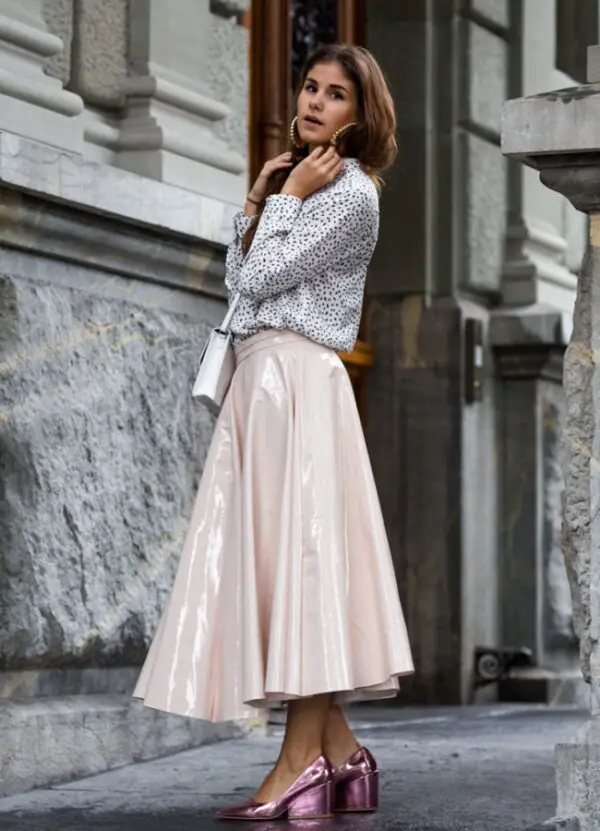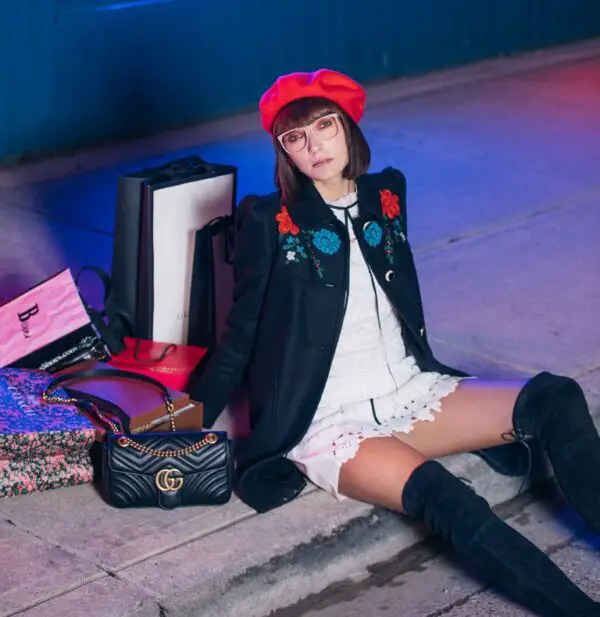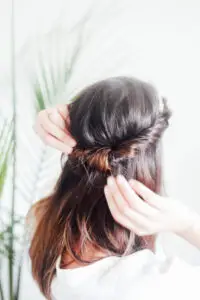9 Clear Signs Your Shopping Habits Is Out of Control – Glam Radar
Shopping addicts find themselves preoccupied with thoughts of shopping and become psychologically dependent on these thoughts. You may spend a great deal of time on focusing what to wear, what to buy, where to shop, and such just to look fashionable. However, when uncontrolled, shopping can drain your resources like time, energy, and money. Whether you’re a certified shopaholic or an impulsive shopper, keep on reading for the 9 clear signs that your spending habits is crossing the line.
- You have a closet full of clothes with tags on them.


For women, purchases often include clothing, jewelry, shoes, and accessories. However, you don’t have to wear new outfits every day just to be a shopaholic. In fact, it’s common for a compulsive shopper to have clothes with tags still attached, explains April Lane Benson, PhD, a psychologist who specializes in the treatment of compulsive buying disorder.
- You experience a buyer’s remorse after a spree.

When compulsive shoppers buy something that feels very rewarding, giving rise to that euphoric feeling or “shopping high” they can become dependent on. However, the high is quickly followed by a lowered mood after a purchase, explains April Benson, PhD. A true shopping addict can even rationalize any purchase if challenged, but the feelings include disappointment, stress, guilt, and remorse.
- You depend on “retail therapy” to cope with stress or anxiety.


Shopping makes most of us feel better and, according to studies, most women admit to “retail therapy” or shopping to boost your mood. Though this can be good for you in moderation just to reduce stress and anxiety, you’ll begin to rely too heavily on these feel-good effects, which will become fleeting and quickly replaced with guilt or frustration over your inability to stop shopping. “Retail therapy becomes a red flag when it’s seriously impairing the person’s life,” notes Dr. Benson.
- You can’t go a day or two without buying something for yourself.

Even small purchases can signal problem shopping if they happen chronically especially if the transactions are unnecessary. “There are the big binge shoppers, and then there are the shoppers who are spending money where it’s a death by 1,000 cuts—in other words, no individual purchase is bad, but it adds up,” says Art Markman, PhD, professor of psychology and marketing at the University of Texas at Austin. Regardless how small your purchase is, it demonstrates a lack of control when it comes to spending.
- You experience “shopper’s high”.

Shopping addiction is fueled by a sense of “high” after making a purchase that can become addictive. According to studies, shopping releases the brain chemical dopamine, which is associated with feelings of pleasure and satisfaction. However, dopamine plays a big role in drug abuse as well as other addictive behaviors like gambling.
- You feel anxious or irritable if you can’t shop.

Generally, compulsive buyers experience uncontrollable cravings. When you can’t go shopping, you may experience withdrawal symptoms and a feeling of regret for all the great buys that were missed. The downside of this is a shopping addict can even ignore the negative consequences of overspending, such as family conflict, bankruptcy, and legal difficulties.
- You’ve skipped work or social obligations to get your shopping fix.

A shopaholic behavior can actually interfere with personal relationships, hobbies, work, and social obligations. Studies also show that those with a high risk for compulsive buying disorder may be more sensitive and avoid social situations.
- You’ve started hiding your habits and purchases.

Studies show that shopping addicts tend to shop alone and sneaking around is a part of the behavior. If you’re stashing bags in the spare closet or secretly shopping online in the middle of the night, it might jeopardize your relationships or employment.
- You’ve tried and failed numerous times to stop.


True shopaholics feel compelled and torn because they are aware of the problem but unable to stop the behavior. However, the key is to acknowledge that you have a problem with your shopping habits and you need help. By considering these tricks, you’ll be able to control your spending habits while feeling contented with the items you already have.







